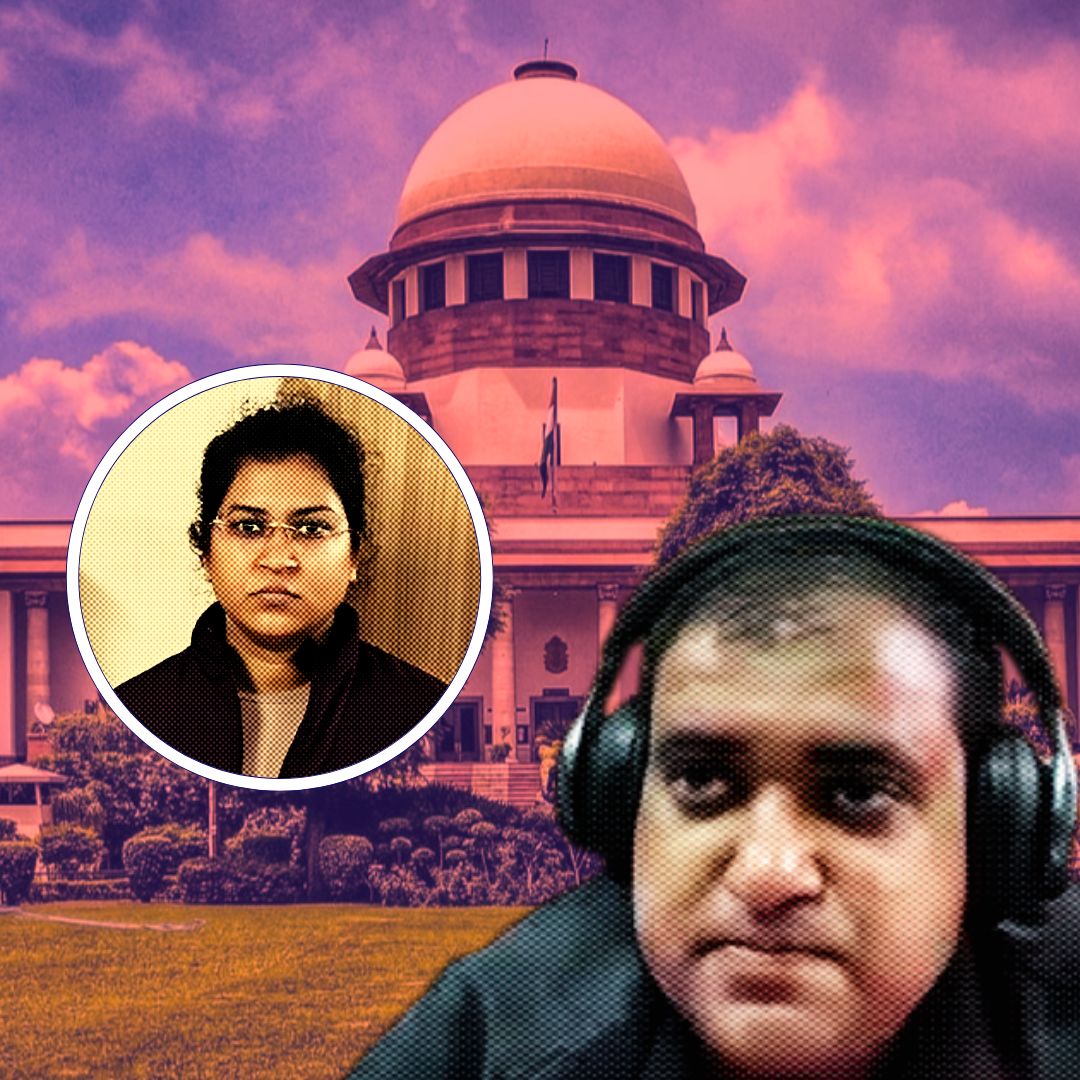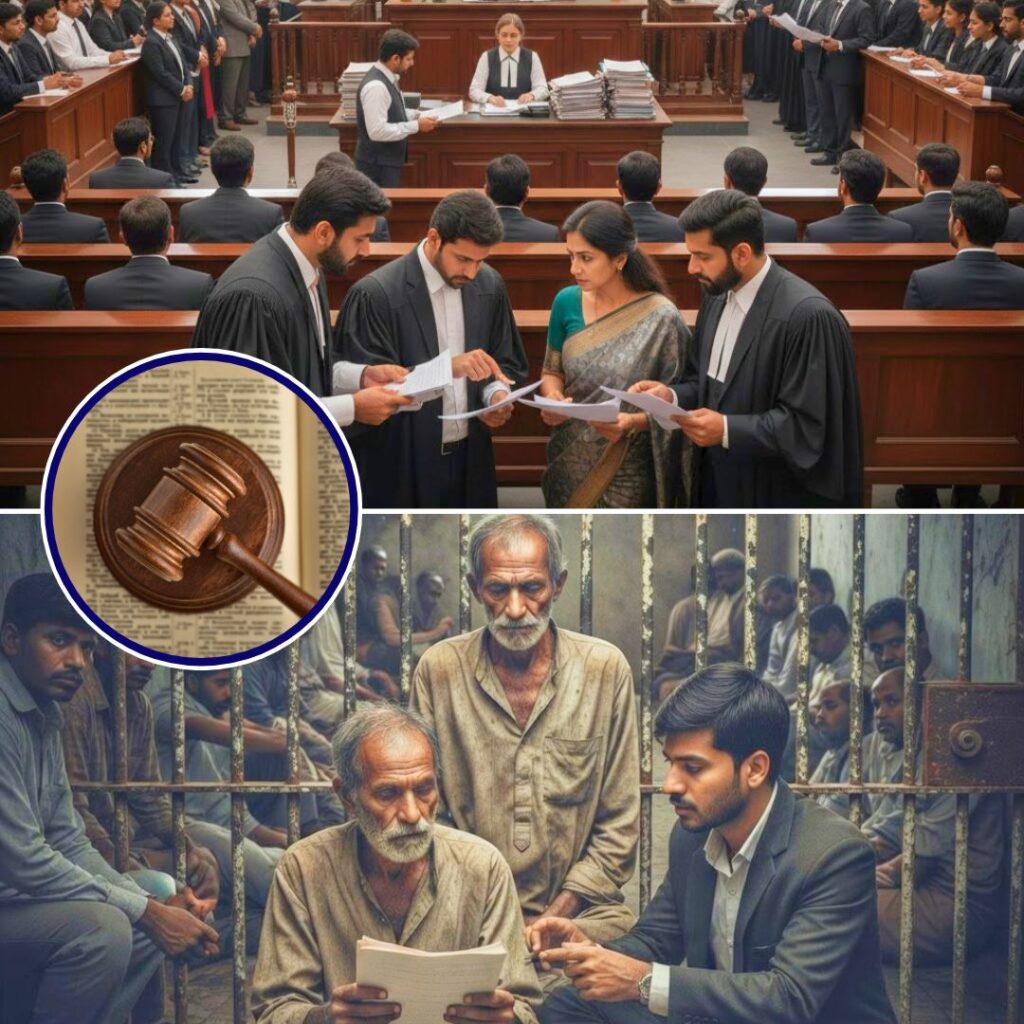The Supreme Court of India has awarded custody of four-year-old Atul Subhash’s son to his estranged wife, Nikita Singhania, dismissing a plea from the child’s grandmother, Anju Devi. This decision follows a tragic series of events, including Subhash’s suicide in December 2024, where he implicated Singhania and her family in his death through a suicide note. The court’s ruling was influenced by a video interaction with the child, revealing that Singhania is currently his primary caregiver and has taken steps to ensure his well-being.
Custody Decision Amid Controversy
On January 20, 2025, the Supreme Court delivered a pivotal ruling regarding the custody of a young boy caught in a distressing family dispute. The bench, consisting of Justices B.V. Nagarathna and S.C. Sharma, granted custody to Nikita Singhania after she had already taken measures to care for her son following her husband’s tragic death. During the hearing, the court conducted a video interaction with the child, which played a crucial role in their decision-making process.
Justice Nagarathna remarked on the importance of directly assessing the child’s situation, stating, “This is a habeas corpus petition. We want to see the child.” The court ultimately concluded that Singhania was best positioned to provide for her son’s needs, as she had withdrawn him from boarding school and was actively involved in his upbringing.
Background of the Case
The case has its roots in a deeply troubling incident that unfolded in December 2024, when Atul Subhash, a 34-year-old tech professional from Bengaluru, took his own life. In his suicide note and an accompanying video message, Subhash accused his wife and her family of persistent harassment that he claimed contributed to his tragic decision. Following his death, Anju Devi sought custody of her grandson, arguing that children should not be raised in boarding schools and expressing concerns about Singhania’s alleged role in her son’s demise.
The Supreme Court previously indicated that it could not make determinations about Singhania’s culpability based solely on media narratives or allegations. This ruling reflects a significant moment in the ongoing legal battle over the child’s future amidst allegations and emotional turmoil.
The Logical Indian’s Perspective
This case underscores the complex interplay between family disputes, mental health, and the legal system. The Supreme Court’s decision to grant custody to Nikita Singhania reflects a focus on the child’s immediate welfare and stability, prioritising his current living arrangements. However, it also highlights the emotional and legal challenges faced by families in such sensitive cases. As a society, it is imperative to address mental health concerns with greater empathy and provide robust support systems for families navigating grief and conflict.
We invite our readers to reflect: How can we create a more compassionate environment to support families during such crises while ensuring justice and fairness for all parties involved? Share your thoughts below!













